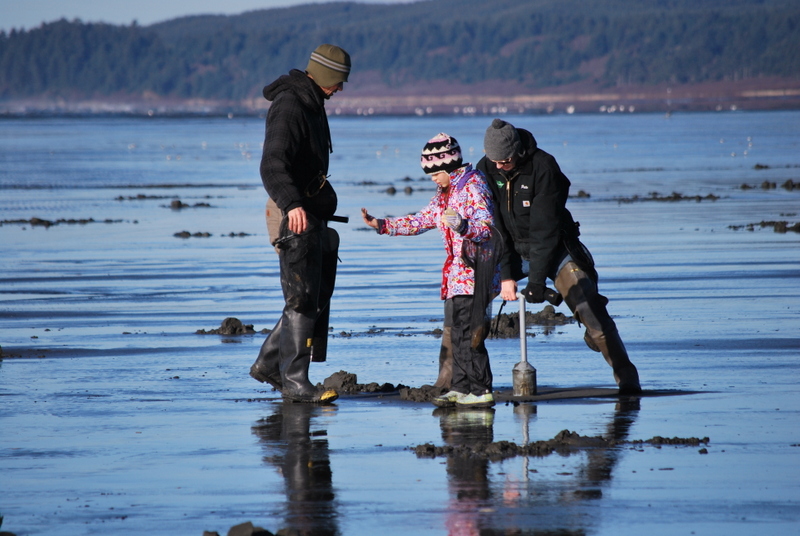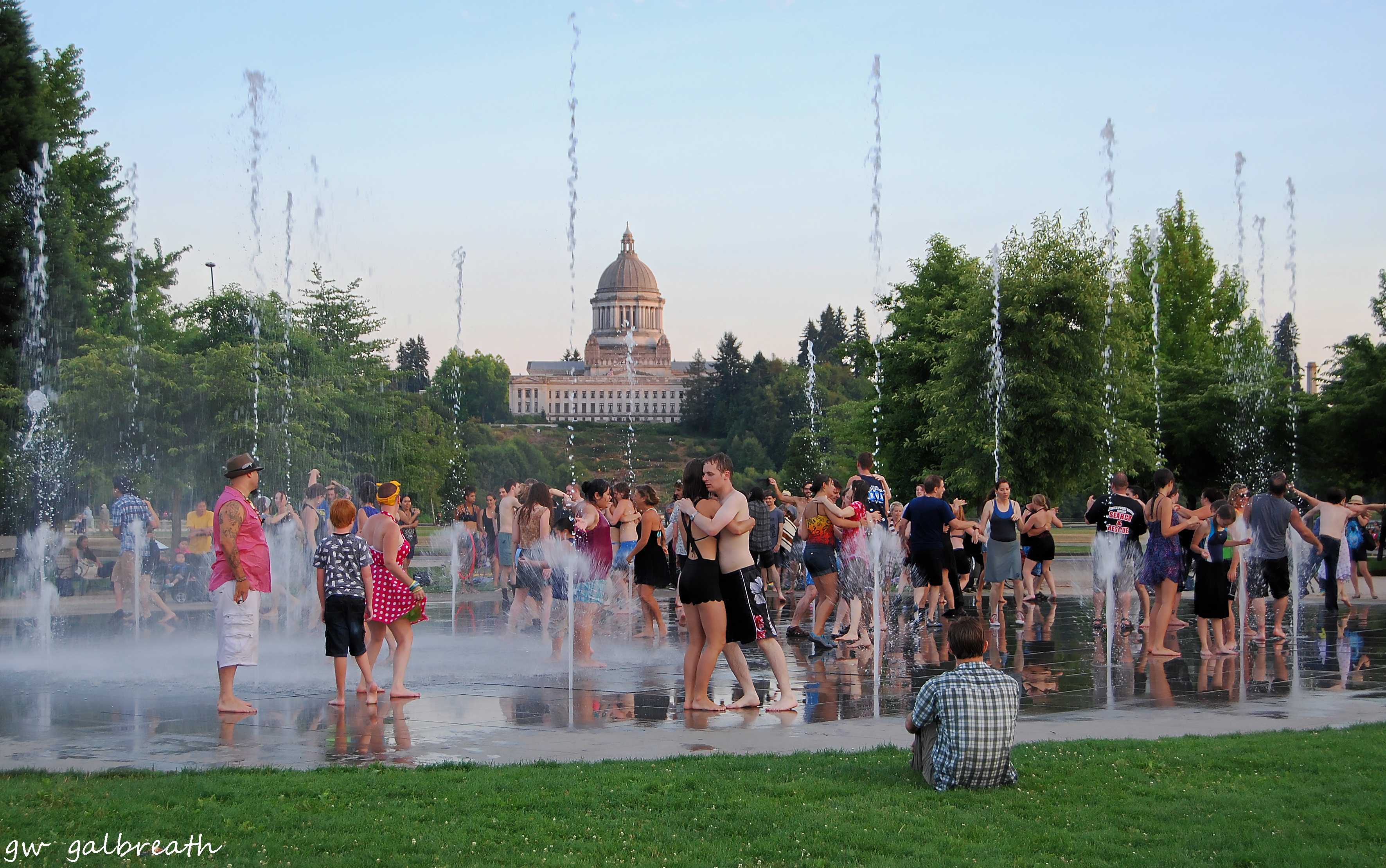Submitted by Thurston County Emergency Management
Temperatures in Thurston County are expected to exceed 90 degrees this weekend, and the county’s emergency management staff is reminding residents of a few simple safety tips that can help beat the heat. Current weather conditions and additional resources are available at the Thurston County Emergency Management Division web pages, www.co.thurston.wa.us/em.
Cooling center information will be posted on the Emergency Management Facebook and Twitter accounts if temperatures rise to the mid-90s or higher.
- Facebook: ThurstonEM
- Twitter: @ThurstonEM
- NextDoor.com
Hot Weather Tips
- Keep a cool head and remember the basics: drink plenty of fluids; avoid the sun and stay in the shade; use sunscreen, even if you’re outside for only a few minutes.
- Find cooler air in public places. Shopping centers, movie theaters, libraries, and community centers are typically air conditioned, so go out, have fun, and find some cooler air.
- Take it easy and avoid heatstroke. Don’t over-exert yourself with heavy duty yard work or strenuous exercise during the hottest part of the day.
- NEVER leave children or pets in a hot car.
- Keep pets cool, too. Check on your outdoor pets frequently and make sure they have shelter from the sun and plenty of water.
- The heat can be hard on the young and the elderly. Check on relatives and neighbors who may be more sensitive to hot weather—young children, infants, seniors, and people with chronic illnesses are most at risk during extreme hot weather.
Water Safety
- Life jackets save lives! Safe Kids Thurston County has a life jacket loaner program where you can borrow life jackets at no cost. They are available at Kenneydell Park, Pioneer Park, Millersylvania State Park, Clear Lake, Summit Lake, Lawrence Lake, and Offutt Lake Resort. Visit www.SafeKidsThurstonCounty.org/water-safety for more information.
- The air may be hot, but the water is still cold. Many rivers and lakes in western Washington are fed by snow melt and glaciers, and the average water temperature for Puget Sound is only about 60 degrees. Stay close to shore and rest if you are cold or tired.
- Always swim with a buddy and swim where there are lifeguards, when possible. Let friends and family know where you plan to swim and when you expect to return home.
- Swimming in open water is harder than in a pool, and even strong swimmers will tire faster and get into trouble more quickly. Stay close to shore where rescuers can easily reach you in an emergency.
- Rivers, lakes, and beaches have hidden hazards. Watch out for sudden drop-offs, riptides and currents, rocks, logs, and snags that are hidden underwater.
- Stay sober and know your limits. Learn CPR and always take a cell phone with GPS.




















































